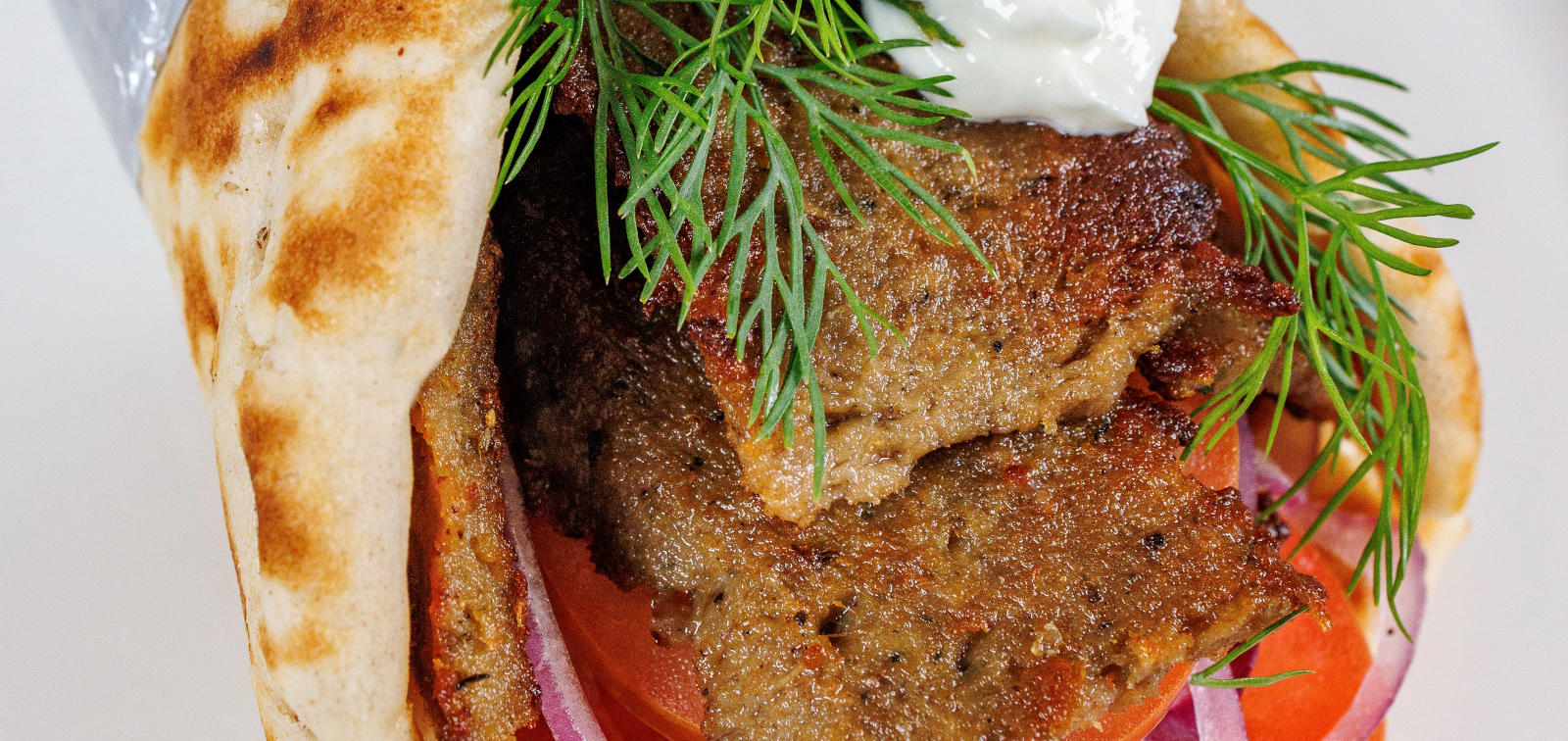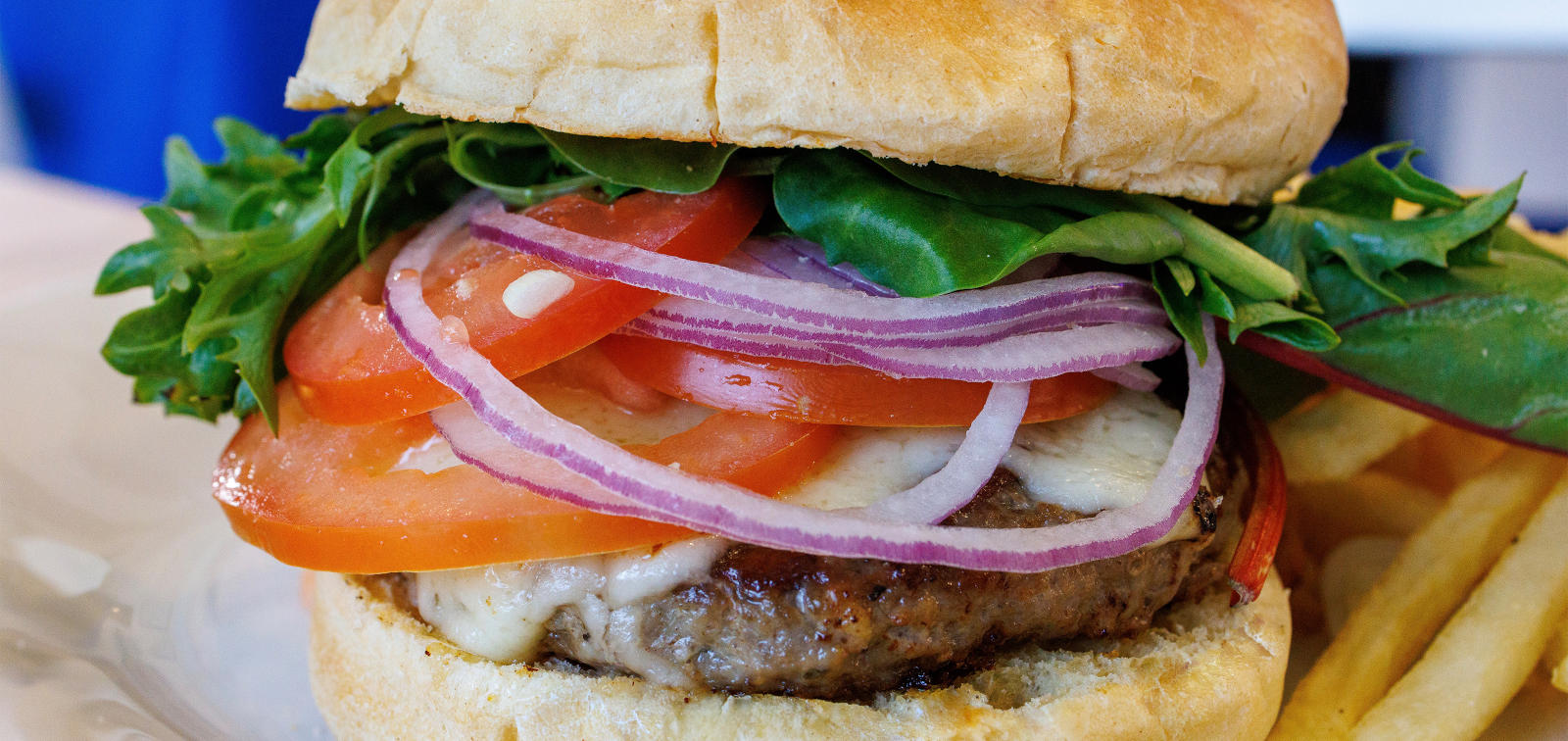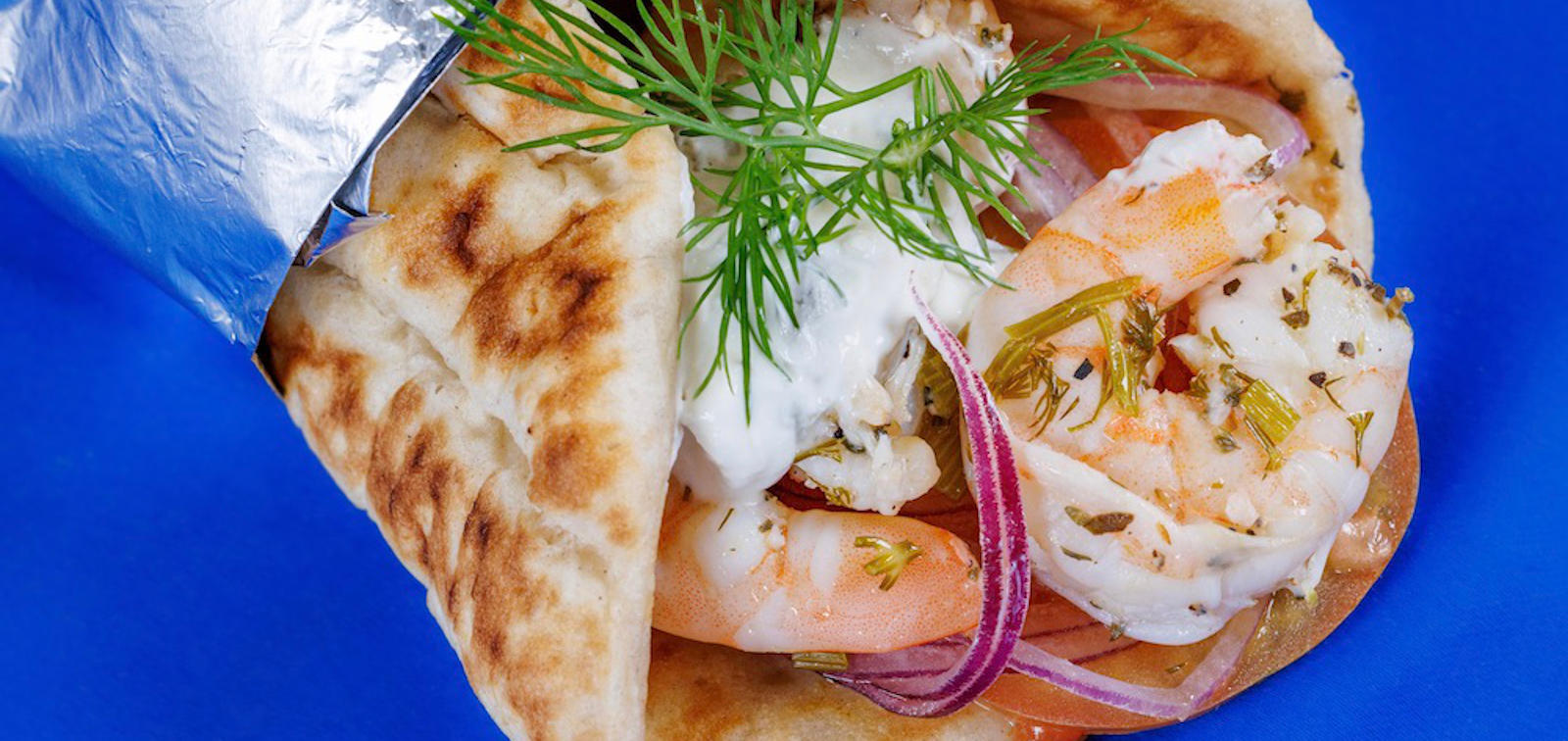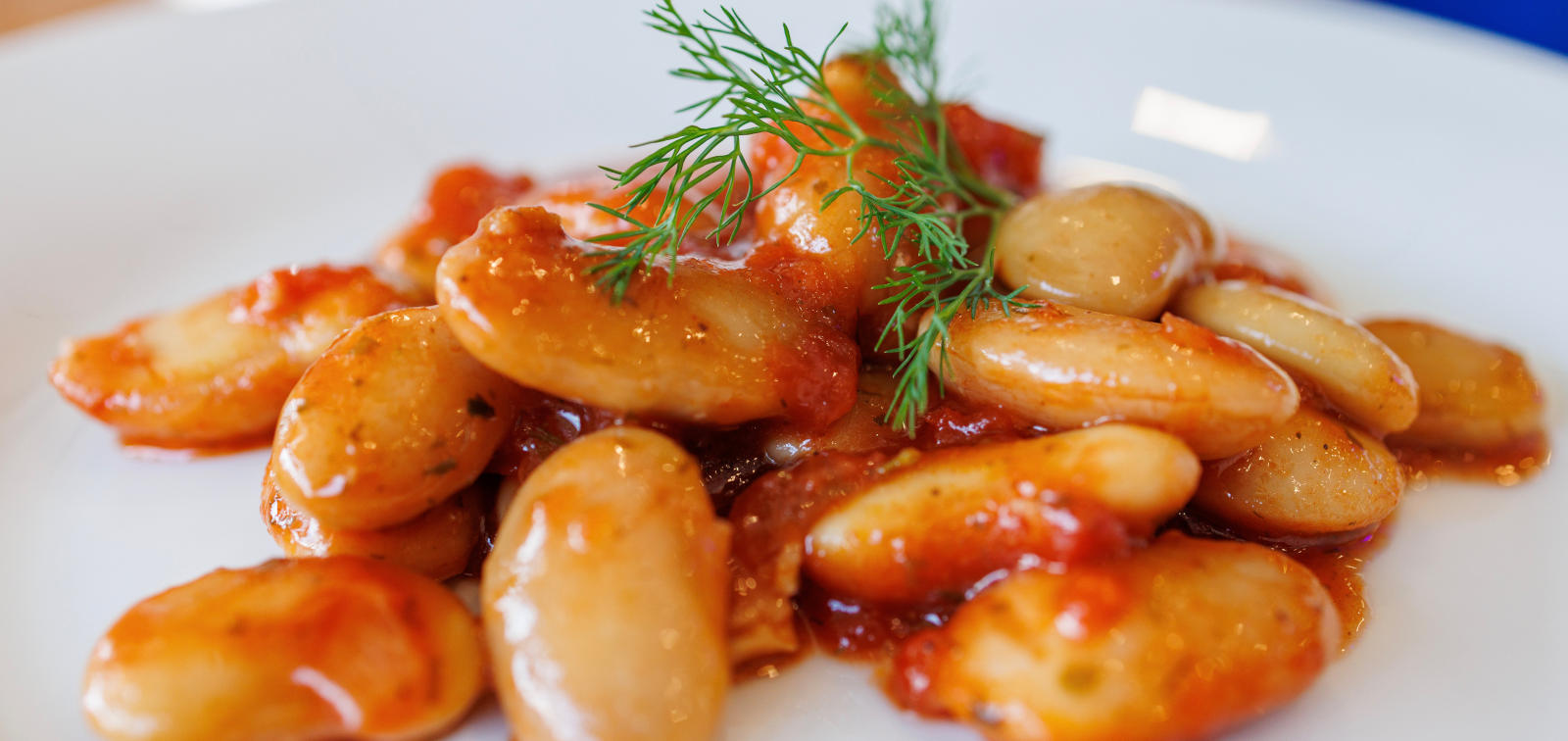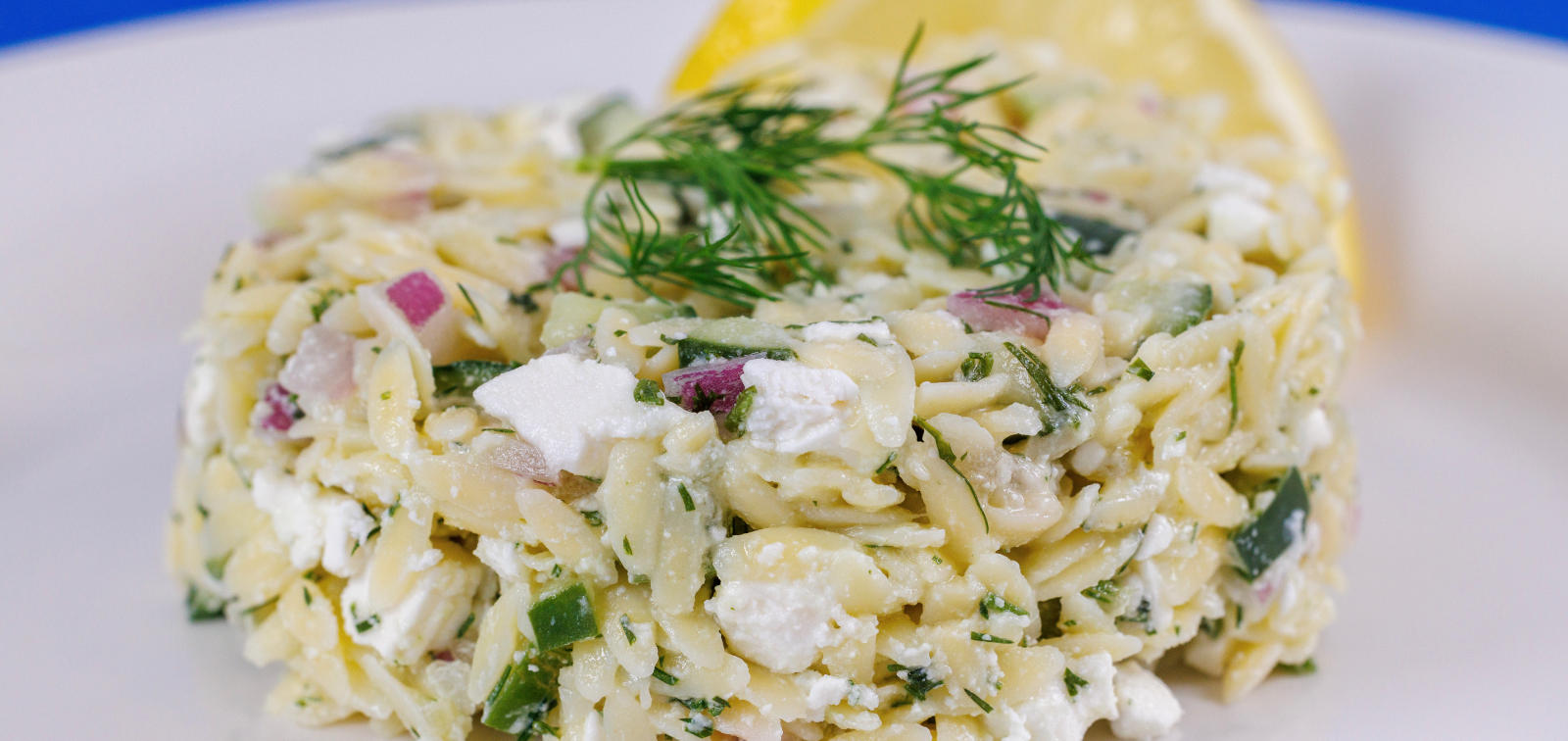| Call Today! 203-823-9951 |
 |
2323 Whitney Ave. Hamden, CT 06518 JOIN OUR VIP CLUB! |
It’s all Greek to Me: a Lesson from Freskos Greek Restaurant

When you’re lucky enough to travel to the gorgeous and vast country of Greece, you're bound to pick up a few words. “Gea sas” (pronounced “ya sas”) means hello (or goodbye depending on context). The seemingly contrary “ne” (pronounced “neh”) means “yes,” and of course “efaristo,” which means “thank you". Greetings and polite words are good to know when you’re enjoying a meal in a restaurant – but even in far-flung villages in the Peloponnese, you’ll find that most restaurant workers speak English. (If they don’t, you can always point to what you want on the menu!)
Know Your Way Around a Greek Menu
Speaking of menus, there are some Greek staples that everyone should know… souvlaki (pronounced “soo-vla-kee”) is deliciously tender meat cooked on a skewer… often served as a sandwich or sometimes just served right on the skewer. Chicken and pork are the most common and there’s the never-ending debate over how to say gyro… guy-ro? Yur-ro? Jeer-ro? He-ro? The proper pronunciation is “yee-ro”, a classic sandwich of beef and lamb served on warm pita with red onion, tomato, tzatziki and fresh dill. What’s tzatziki and how the heck do you say it? (Zat-zee-kee.) Tzatziki is a classic Greek dip, made with Greek yogurt, cucumber, and garlic. Not only is it very commonly served as a sauce with souvlaki or gyros, but it’s also perfect as a condiment and used for dipping bread and French fries.
About Greek Hospitality
The Greek language is complex but here are some Greek expressions that can’t be accurately or directly translated into English. Freskos is here to give it a try. (“Parakalo.” You’re welcome).
- Philoxenia φιλοξενία (pronounced fi-lox-en-ee-ya). Greek restaurateurs demonstrate very high levels of hospitality to our guests. Philoxenia is a word that describes the kindness, respect and love extended to a guest or visitor in your home, a guest in your restaurant, or a stranger on the street. The word dates back as far as 1299 BC when guests of the Spartan king Menelaus abused the philoxenia shown to them by abducting the king’s wife, Helen. An act that is believed to have started the decade-long Trojan War.
- Meraki µεράκι (pronounced me-ra-kee). Meraki means to do something with complete passion and love and is usually associated with a task or creative endeavor. At Freskos, we approach cooking with meraki – we love what we do and we love bringing fresh, authentic Greek food to the Hamden community.
- Parea παρέα (pronounced pa-rey-a). Parea describes a group of friends who simply enjoy each other’s company. They come together due to shared values, ideas and philosophies. We hope you’ll bring your parea to Freskos to share some thoughts over a delicious cup of Greek coffee or a full meal. We look forward to hosting you and your parea!
|
|
FRESKOS HAMDEN 2323 Whitney Avenue CALL TO ORDERHOURS Monday-Friday: 11am – 8pm |
